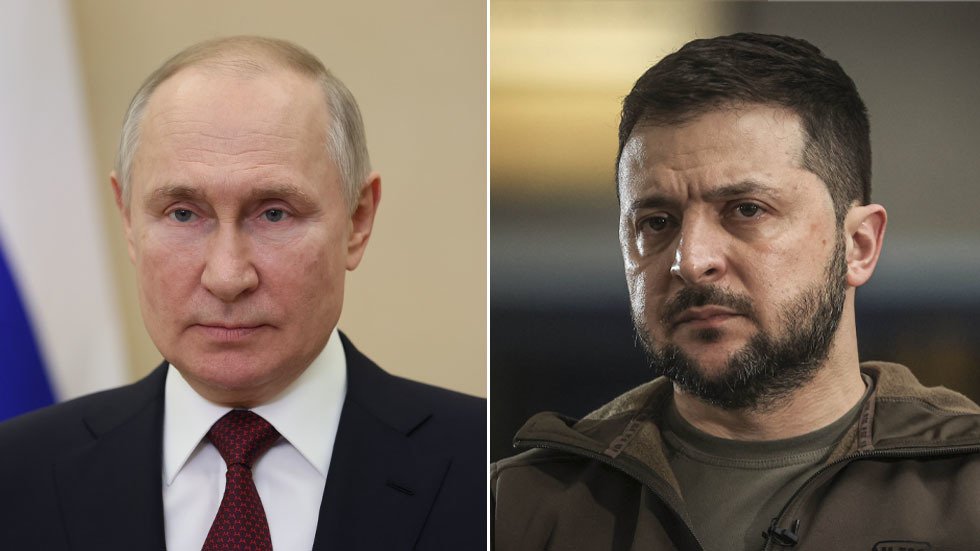
The foto has taken from moscowtimes
STRATEGIC ASSESSMENT. In the Czech Republic (Czechia), an estimated 70,000 demonstrators descended on Prague’s central Wenceslas Square to protest the country’s pro-Western government. The protest came just a day after the government survived a vote of no-confidence, proposed by opposition parties over accusations that the government has failed to tackle acute energy and cost of living crises. 84 lawmakers voted to oust the cabinet, which was 17 votes short of achieving the majority necessary. Protestors representing political parties from both the far-right and far-left joined forces at the “Czech Republic First” rally, demanding the resignation of the current coalition government led by Prime Minister Petr Fiala and voicing indignation over the government’s pro-Ukrainian following Russia’s invasion. Protestors demanded an end to Western sanctions against Russia, which they view as the root cause behind the soaring power costs plaguing Europe since Russia curbed gas supplies earlier this year.
At the protest, several banners read, “The best for the Ukrainians and two sweaters for us” – referring to a tone-deaf remark by the head of the country’s parliament in which she called on citizens to wear sweaters indoors as they face concerns over heating costs this winter. Further, the slogan encapsulated protestors’ frustrations over the 400,000 Ukrainian refugees accepted into the country and the significant aid supplied by the Czech government to Ukraine, which demonstrators claim is provided at the expense of Czech citizens. Zuzana Majerová Zahradníková, a leading figure in the far-right, Eurosceptic Trikolora party, epitomized such sentiment stating, “Fiala’s government may be Ukrainian, it may be Brussels, but it is definitely not Czech.”
Punctuating the atmosphere of discontent were T-shirts, banners, and slogans brandished by demonstrators praising Russian president Vladimir Putin and expressing both anti-EU and anti-NATO sentiment. This imagery led some analysts and Czech leaders to blame Russian propaganda as the impetus for the demonstration, which has utilized mis-, dis-, and mal-information (MDM) as a key tactic to influence public opinion in its favor and muddle the narrative in support of Ukraine. Prime Minister Fiala, the leader of the center-right governing coalition, characterized the protest as “pro-Russian” and antithetical to national interests. Leaders and activists at the protest – representing groups as disparate as the anti-migrant, right-wing populist Freedom and Direct Democracy party to the Czech Communist party – refuted depictions of demonstrators as pro-Russian propagandists, reiterating discontent with the increased cost of living, skyrocketing energy prices, and the country’s membership in the EU, NATO, and the World Health Organization (WHO).
As inflation and energy costs have soared in recent months, the number of Czechs falling below the poverty line has doubled. This tangible economic hardship, coupled with a sense of abandonment by the government and growing anti-establishment sentiment, has created an ideal atmosphere for the politics of resentment. Capitalizing on this environment, far-right and far-left groups, with their seemingly incongruent politics, have coalesced around pro-Russian positions. This union across the political spectrum reflects years of concerted effort by Moscow, which has exploited frustrations with Brussels, discontent with both the governing establishment and institutions, and general societal rifts in Europe to cultivate pro-Russian politicians and allies. With these sentiments seemingly resonating, many European leaders have begun to worry that popular support for Ukraine will wane as the economic costs of that support rise and the conflict drags on, particularly through a winter when many citizens will struggle to pay their heating bills. Moreover, this type of political mobilization is not isolated, as a spillover effect is well underway, with far-right and far-left leaders in Germany planning similar protests over inflation and economic concerns. Protests could spread throughout Europe more broadly. Ultimately, such developments underscore European leaders’ mounting concerns related to soaring inflation and the current energy crisis could prompt political instability, even in countries that have previously enjoyed reliably stable political environments.
Energy costs in Europe are reaching new records almost daily. The Czech Republic, which currently holds the presidency of the European Union, convened an emergency meeting on September 9 of EU energy ministers to find a bloc-wide agreement to effectively tackle power costs. European Commission President Ursula von der Leyen later unveiled a plan proposing measures to cap revenues from low-cost electricity generators, such as wind and solar farms and nuclear plants, and to force fossil fuel firms to share profits earned from soaring energy prices. The proposed measures, which are still subject to change, would allow excess revenues from non-gas fueled power plants to be utilized by governments to help businesses and consumers with their bills. EU energy ministers will negotiate the bloc-wide proposals and attempt to approve the measures at an emergency summit on September 30. Whether such action tempers the discontent, curtails energy prices and inflation, and demobilizes coalescing far-right and far-left groups is still to be seen. However, the success of far-right populist parties in several recent European elections indicates that sentiments expressed in Prague earlier this month could be a harbinger of political movements yet to come (TSC).





